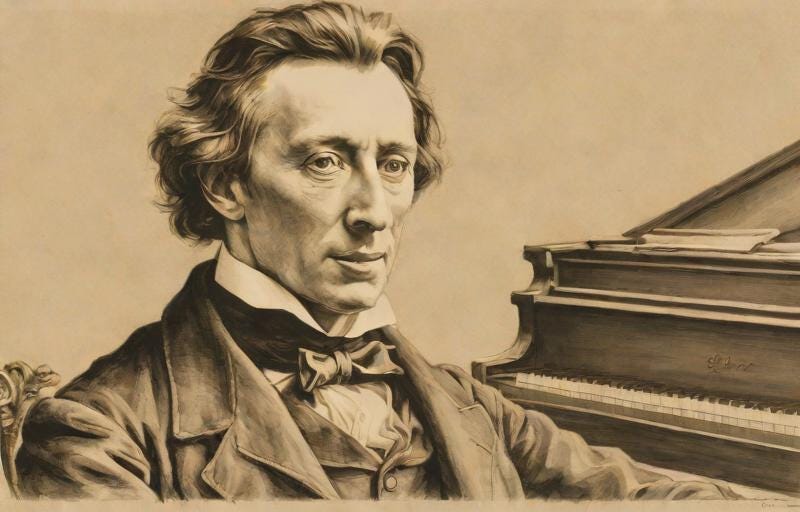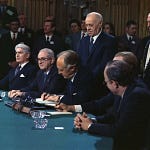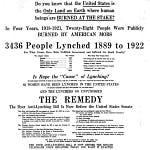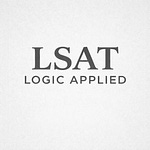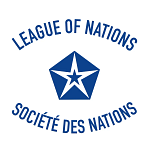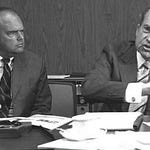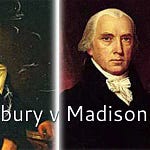This Day in Legal History: King Tut’s Tomb Opened
On this day in legal history, February 16, 1923, the opening of King Tutankhamun's tomb by Howard Carter not only captivated the world with its historical and archaeological significance but also set the stage for a series of legal debates and regulations concerning the protection of cultural heritage. This event underscored the importance of laws governing archaeological excavations, the ownership of antiquities, and the ethical considerations of cultural patrimony. The discovery highlighted the legal complexities surrounding the removal of artifacts from their country of origin and the international trade in antiquities, which often involves issues of colonial history and national sovereignty.
The opening of King Tutankhamun's tomb brought to light the need for comprehensive legal frameworks to protect ancient sites and artifacts from looting and illegal trafficking. It prompted countries around the world to reassess and strengthen their laws on cultural heritage protection. This event also played a significant role in the development of conventions and treaties aimed at the preservation and return of cultural properties to their rightful owners or countries, influencing key legal instruments such as the 1970 UNESCO Convention on the Means of Prohibiting and Preventing the Illicit Import, Export, and Transfer of Ownership of Cultural Property.
Furthermore, the fascination with Tutankhamun's tomb raised ethical questions about the treatment of human remains and the respect due to ancient cultures, contributing to the evolution of ethical standards in archaeology and museology. The legal implications of Carter's discovery continue to resonate in contemporary debates over the repatriation of cultural artifacts and the responsibility of museums and collectors to ensure that their collections are ethically acquired and legally compliant.
In essence, the opening of King Tutankhamun's tomb on this day in 1923 not only unveiled the treasures of ancient Egypt but also catalyzed significant legal and ethical advancements in the stewardship of cultural heritage. It serves as a reminder of the ongoing challenges and responsibilities faced by the international community in safeguarding the legacies of our shared human history.
The Boy Scouts of America (BSA) has requested the U.S. Supreme Court to proceed with a $2.46 billion settlement for abuse claims, despite a pending review by the court on a related legal issue from the Purdue Pharma bankruptcy case. A group of 144 abuse victims is challenging the settlement, arguing it unjustly prevents them from suing non-bankrupt entities like churches and insurers associated with the Boy Scouts. The Supreme Court's decision in the Purdue Pharma case, which involves the potential immunity of the Sackler family for opioid-related lawsuits in exchange for a settlement, could influence the BSA's situation. The BSA contends that halting their settlement, already in effect and distributing funds to victims, would severely disrupt their operations and mission. The organization emerged from bankruptcy in April 2023, with the settlement aiming to compensate abuse victims with amounts ranging from $3,500 to $2.7 million. The BSA's plea emphasizes the distinct nature of their case compared to Purdue Pharma's and warns against the detrimental effects of unwinding the settlement plan.
Boy Scouts org urges Supreme Court not to stop $2.4 bln abuse settlement | Reuters
Over the past nine months, Saudi Arabia has attracted at least 30 multinational law firms, marking a significant influx into a new legal market, thanks to the kingdom's decision to allow foreign law firms to operate independently without local partners. This shift represents a major opportunity in a wealthy, oil-rich nation, especially as it coincides with Crown Prince Mohammed bin Salman's efforts to modernize the economy and diversify beyond oil, through the Vision 2030 plan supported by a $700 billion sovereign wealth fund. The fund has initiated numerous large-scale infrastructure projects, offering unique legal challenges and opportunities, from city-building to drafting complex international contracts.
However, the allure of this burgeoning market is tempered by concerns over Saudi Arabia's human rights record, complicating recruitment efforts for firms based in countries with more progressive stances on issues such as women's rights and LGBTQ+ rights. Despite these challenges, law firms are mandated to staff their offices with at least 70% Saudi nationals, creating a high demand for local legal talent and a competitive hiring environment.
Firms must navigate the nuances of Islamic Law (Sharia), with some opting to draft documents in English or US law to circumvent local legal complexities, though this approach is not without its pitfalls. The legal landscape in Saudi Arabia is rapidly evolving to align more closely with international standards, particularly in areas like commercial arbitration. This rapid development offers a promising future for ambitious Saudi lawyers and presents foreign law firms with the task of integrating into a legal system that is swiftly adapting to meet global benchmarks, all while navigating the ethical considerations of operating within a jurisdiction with notable human rights concerns.
Saudi Arabia Lures Big Law Firms to Lucrative New Legal Market
A New York state judge is poised to make a significant ruling in a $370 million civil fraud case against former U.S. President Donald Trump, accused of exaggerating his net worth to secure favorable loan terms from bankers. This lawsuit, initiated by New York Attorney General Letitia James, alleges Trump and his business operations inflated his worth by up to $3.6 billion annually over a decade, a claim Trump refutes as a political attack. The potential consequences for Trump include not just a hefty financial penalty but also a permanent ban from New York's real estate sector, severely restricting his business activities within the state. Additionally, James seeks to impose a five-year ban on Trump's adult sons, Don Jr. and Eric, who are co-defendants.
In September, Justice Arthur Engoron found Trump guilty of fraud, mandating a partial dissolution of his business empire, the full impact of which remains uncertain as Trump appeals the decision. The forthcoming ruling, expected after a tumultuous three-month trial, could significantly impact Trump's business dealings and his political ambitions, including his campaign for the Republican nomination to contest against President Joe Biden.
Throughout the trial, Trump's testimony acknowledged some inaccuracies in property valuations but shifted responsibility to the banks for their due diligence. He leveraged court appearances for political momentum, vehemently criticizing his adversaries for allegedly using the legal system against him. Despite these legal entanglements, including four criminal indictments related to various charges from hush money payments to mishandling classified documents and attempts to overturn the 2020 election results, Trump maintains his innocence and continues his bid for the Republican nomination.
Judge set to rule in Trump's $370 million civil fraud case | Reuters
This week’s closing theme is by Frédéric Chopin and brought to us thanks to Aya Higuchi, a teacher of piano at the University of Michigan.
Frédéric Chopin, born in 1810 in Poland, is one of the most revered composers and pianists of the Romantic era, celebrated for his profound influence on the world of music, particularly piano composition. Chopin's unique style combines delicate melody with intricate technical demands, making his works a staple of the pianistic repertoire. Among his extensive catalog, the Nocturnes hold a special place, showcasing his innovative approach to the piano as a solo instrument capable of expressing a wide range of emotions and colors.
The Nocturne in E-flat major, Op. 9, No. 2, is one of Chopin's most famous pieces, epitomizing the essence of the Nocturne form— a musical composition that is suggestive of the night. Composed in 1830-1831, this piece is celebrated for its lyrical melody, expressive depth, and serene character. The Nocturne Op. 9, No. 2, is marked by a graceful, singing melody in the right hand, over a flowing accompaniment in the left, creating a harmonious and dreamlike atmosphere.
This work exemplifies Chopin's masterful use of the piano to convey emotion, with its subtle nuances, delicate phrasing, and dynamic contrasts. It is a piece that demands both technical precision and emotional sensitivity from the performer, balancing the expressive melody with the underlying accompaniment to create a cohesive and moving musical experience.
Chopin's Nocturne Op. 9, No. 2, has become a beloved piece in the classical music repertoire, frequently performed in concert halls and recorded by countless artists. Its enduring popularity is a testament to Chopin's genius in crafting music that speaks directly to the human spirit, transcending time and cultural boundaries.
Through pieces like the Nocturne Op. 9, No. 2, Chopin has left an indelible mark on the world of music, continuing to inspire both performers and listeners with his poetic expressiveness and innovative piano technique. This Nocturne, with its beautiful melodies and emotional depth, remains a shining example of Chopin's ability to transform the piano into a voice that speaks of the beauty and complexity of the human experience.
Without further ado, Chopin’s Nocturne opus 9 number 2.





